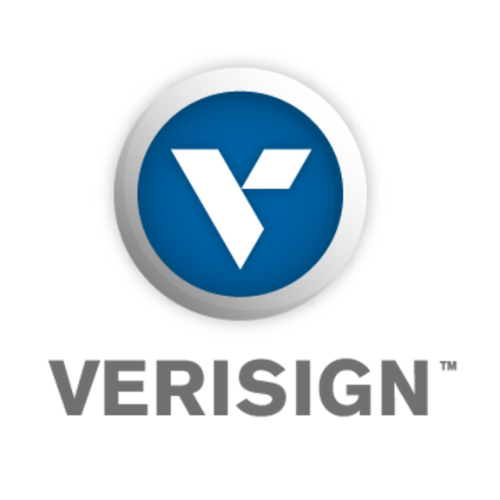A coalition of three advocacy groups has recently called on the U.S. government to halt the renewal of Verisign’s contract to run the .com domain, citing concerns over monopolistic practices and unchecked price hikes. This move has put the spotlight on Verisign, a company that some describe as a “cartel” and an “economic termite,” and has raised questions about the fairness and oversight of domain name pricing.
The Players and Their Concerns about Verisign
The advocacy groups involved are the American Economic Liberties Project, the Revolving Door Project, and the Demand Progress Education Fund. These organizations are united in their mission to curb the influence of monopolistic corporations and ensure that government actions serve the public interest rather than entrenched powers.
- American Economic Liberties Project: This organization fights against monopolistic corporations that dominate significant portions of the economy and influence democracy.
- Revolving Door Project: This group scrutinizes executive branch appointees to ensure their actions benefit the broad public interest.
- Demand Progress Education Fund: This organization advocates for policies that prioritize the public good over powerful entities.
In their letters to the National Telecommunications and Information Administration (NTIA) and the Department of Justice, these groups argue that the government erred in allowing Verisign to raise prices in its last contract. They assert that the company holds a monopoly over the .com domain market due to its substantial market power, which is detrimental to both consumers and the broader internet community.
The Issue of Price Increases
At the heart of the controversy is Verisign’s ability to increase the prices for .com domains. Under the current agreement, Verisign can raise prices by 7% in the last four years of each six-year contract cycle. This provision has led to consistent price hikes, with the wholesale price of .com domains set to increase to $10.26 in September this year.
The advocacy groups argue that these price increases are unjustified and harm small businesses and individual domain owners who rely on affordable domain registrations. They also highlight that the NTIA, under the Trump administration, gave the Department of Justice only 20 days to provide feedback when the price caps were lifted, suggesting a lack of thorough oversight.
Monopoly Accusations Against Verisign
The groups’ letters emphasize that Verisign essentially holds a monopoly on domain names due to the dominant market position of .com domains. This monopoly, they argue, allows Verisign to exploit its position without fear of competition, leading to higher costs for domain owners.
The current agreement between the NTIA and Verisign states that both parties must agree to modify the contract terms. However, Verisign has little incentive to negotiate unless offered more favorable terms, perpetuating a cycle of price hikes and limited regulatory oversight.
Potential Government Action on Verisign’s Contract
The letters from these advocacy groups aim to prompt government intervention, potentially leading to renegotiation of the contract terms or even nullification through anti-trust actions. They argue that the existing terms favor Verisign excessively and that the company’s ability to raise prices should be curtailed to protect consumers and promote fair competition.
Broader Implications
The case against Verisign exemplifies the ongoing struggle between regulatory bodies and powerful corporations. If the U.S. government takes the concerns seriously, it could significantly change how domain name pricing is regulated. The European Union, known for its stringent regulatory measures against monopolistic practices, might also become a source of anti-trust action against Verisign.
Public Awareness and Advocacy
The involvement of these advocacy groups has brought much-needed attention to an issue that affects millions of domain owners, most of whom own just one or two domains and do not have the means to challenge the price increases. The Internet Commerce Association, a smaller advocacy group that supports large domain owners, has long been vocal about these concerns, but broader public awareness could amplify the call for regulatory reform.
The push to halt Verisign’s contract renewal is a critical moment in the fight against monopolistic practices in the domain name industry. By urging the U.S. government to reconsider Verisign’s ability to raise prices unchecked, these advocacy groups are championing the rights of domain owners and promoting a fairer, more competitive internet ecosystem.



